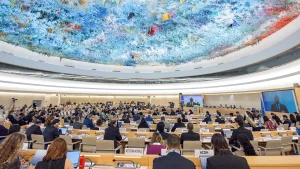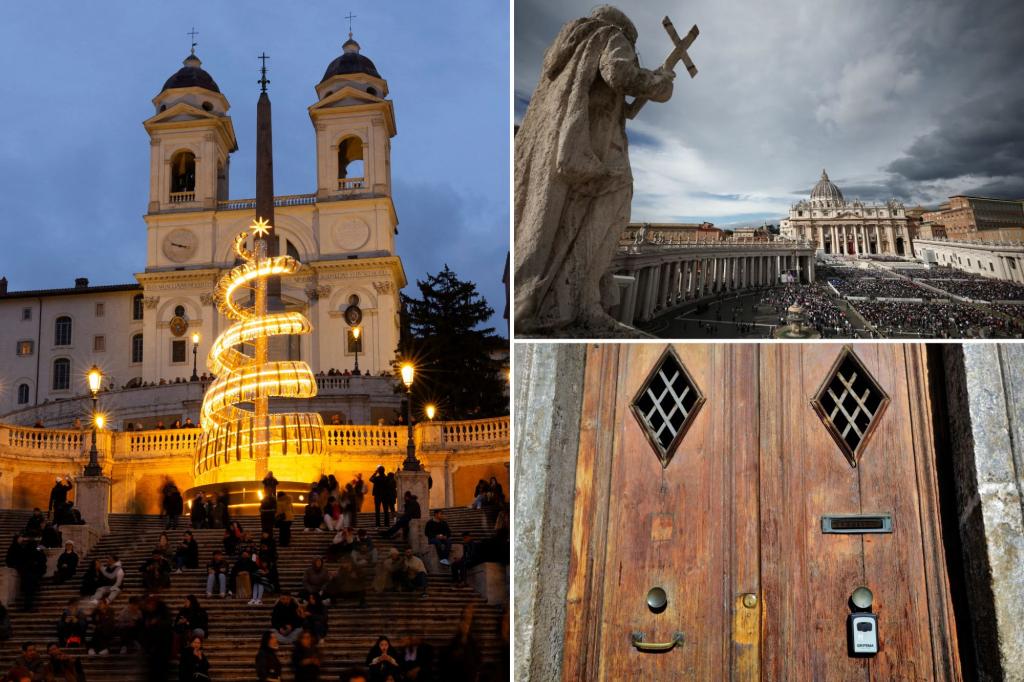Italy Implements Nationwide Ban on Remote Check-in for Short-Term Rentals, Prioritizing In-Person Guest Verification
Italy has implemented a new nationwide security measure impacting the tourism sector and short-term rental market. This measure bans remote check-in procedures utilizing lockboxes or key boxes, mandating in-person identification of guests by hosts. The move, spearheaded by the Italian Interior Ministry, aims to bolster security and address concerns related to public order and safety, particularly in the face of increasing tourism and upcoming major events like the 2025 Jubilee in Rome. The decision reflects a growing global trend of governments scrutinizing and regulating the short-term rental market to address security, housing affordability, and neighborhood impact concerns.
The previous system, which allowed guests to access properties using codes retrieved from lockboxes, has been deemed insufficient for security standards. The Italian authorities argue that in-person verification is crucial to prevent the accommodation of potentially dangerous individuals or those with ties to criminal or terrorist organizations. The move marks a significant shift in the short-term rental landscape in Italy, requiring hosts to adapt their check-in procedures and potentially impacting the convenience factor for both hosts and guests. While the ban is nationwide, its impact is expected to be particularly felt in popular tourist destinations like Rome, which anticipates a surge in visitors for the upcoming Jubilee year.
The Department of Public Security has expressed concerns that the previous procedure, relying on electronic document transmission and automated access codes, lacked the necessary rigor to ensure safety and security. The lack of face-to-face interaction during check-in raised fears about the potential misuse of short-term rentals by individuals posing a threat to public order. This security concern has been heightened by the upcoming influx of tourists for the 2025 Jubilee, prompting authorities to prioritize stricter measures. The shift to in-person verification represents a move towards a more traditional approach to hospitality, prioritizing security over the convenience offered by automated systems.
Major players in the short-term rental market, such as Airbnb, have acknowledged the significance of adhering to local regulations and ensuring the safety of all stakeholders. Airbnb has expressed its commitment to working with the Italian government to devise solutions that address security concerns while accommodating the needs of both hosts and guests. While acknowledging the benefits of self-check-in for flexibility and convenience, Airbnb has emphasized its commitment to responsible hosting and promoting safe experiences. The company has voiced its intention to collaborate with Italian authorities to find a balance between security requirements and the practical needs of the short-term rental ecosystem.
The ban on remote check-in is expected to pose challenges for both hosts and guests. Hosts will need to adjust their schedules and logistics to facilitate in-person check-ins, while guests may face potential delays and inconveniences, especially those with unpredictable travel plans. The industry is anticipating adjustments in operational procedures and potentially increased costs associated with managing in-person check-ins. However, proponents of the ban argue that the enhanced security measures justify the added inconvenience, protecting both hosts and the wider community.
The Italian government’s decision highlights the growing regulatory scrutiny faced by the short-term rental industry worldwide. Governments are grappling with the challenges posed by the rapid growth of platforms like Airbnb, seeking to balance the economic benefits of tourism with concerns about safety, housing availability, and neighborhood impact. The Italian case underscores the ongoing tension between the convenience of technology-driven solutions and the need for robust security measures in an increasingly complex global environment. It remains to be seen how the new regulations will be implemented and what long-term impact they will have on the Italian short-term rental market and the broader tourism landscape. The development also sets a precedent for other countries grappling with similar challenges related to the short-term rental industry.













